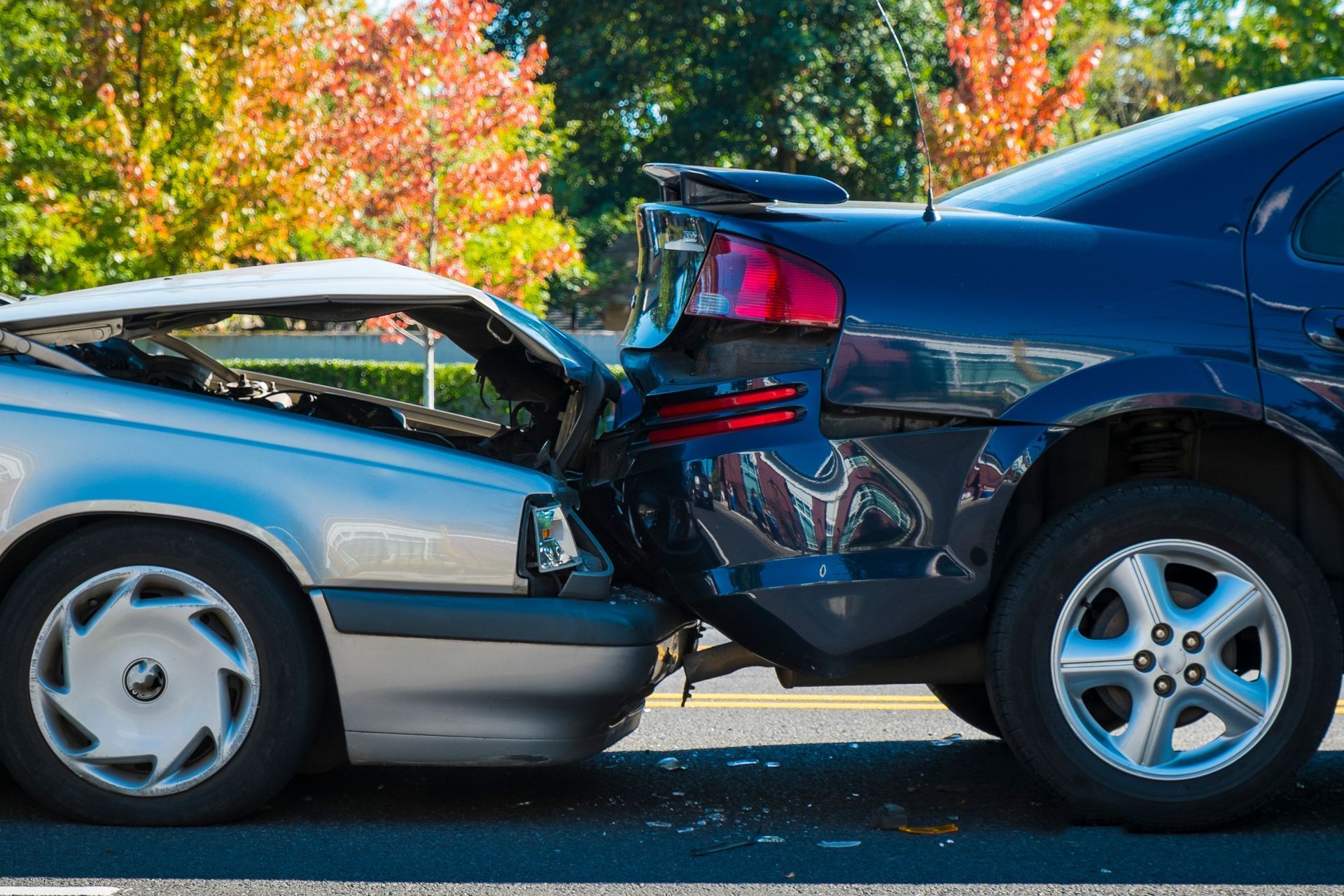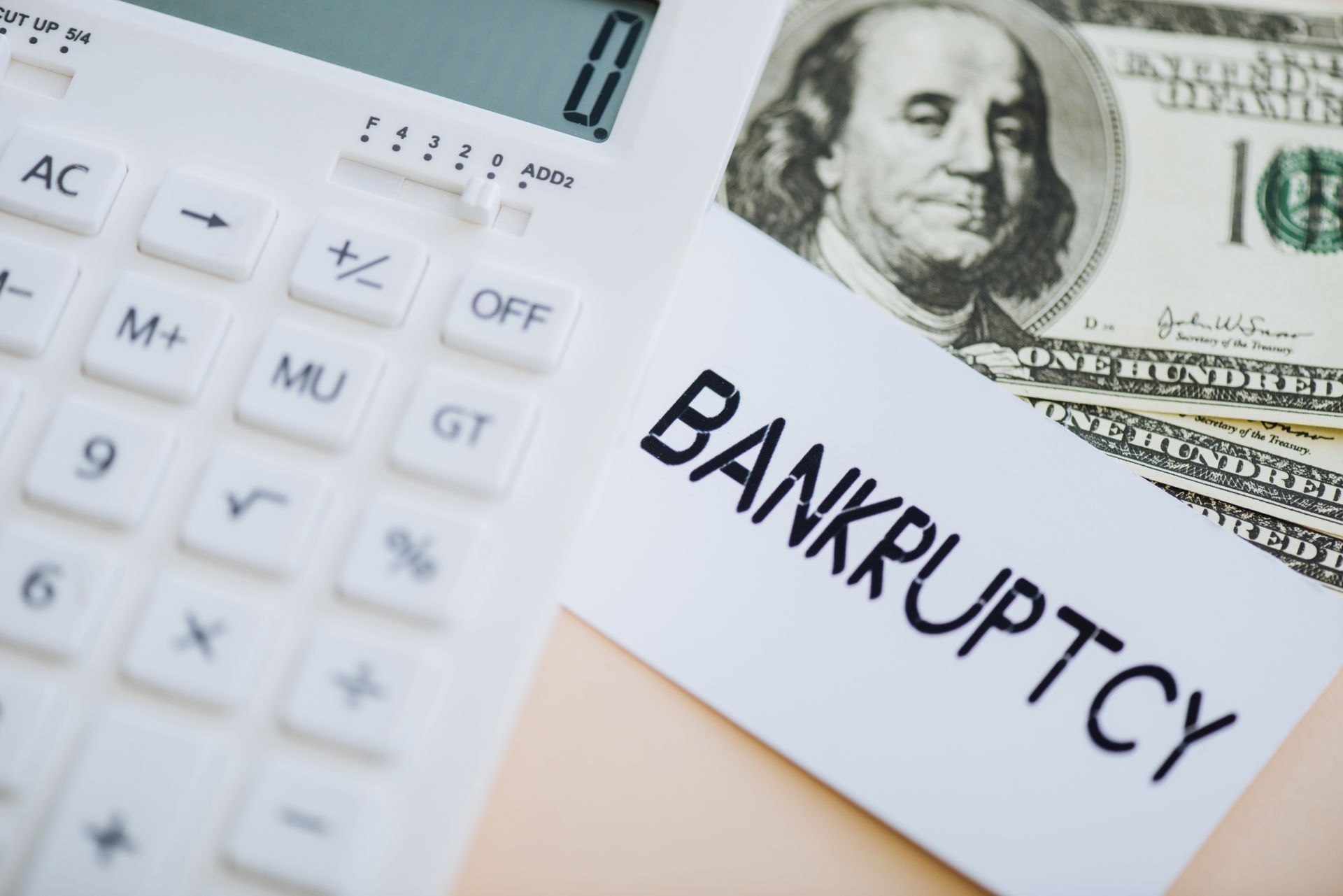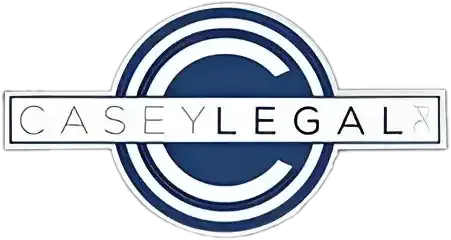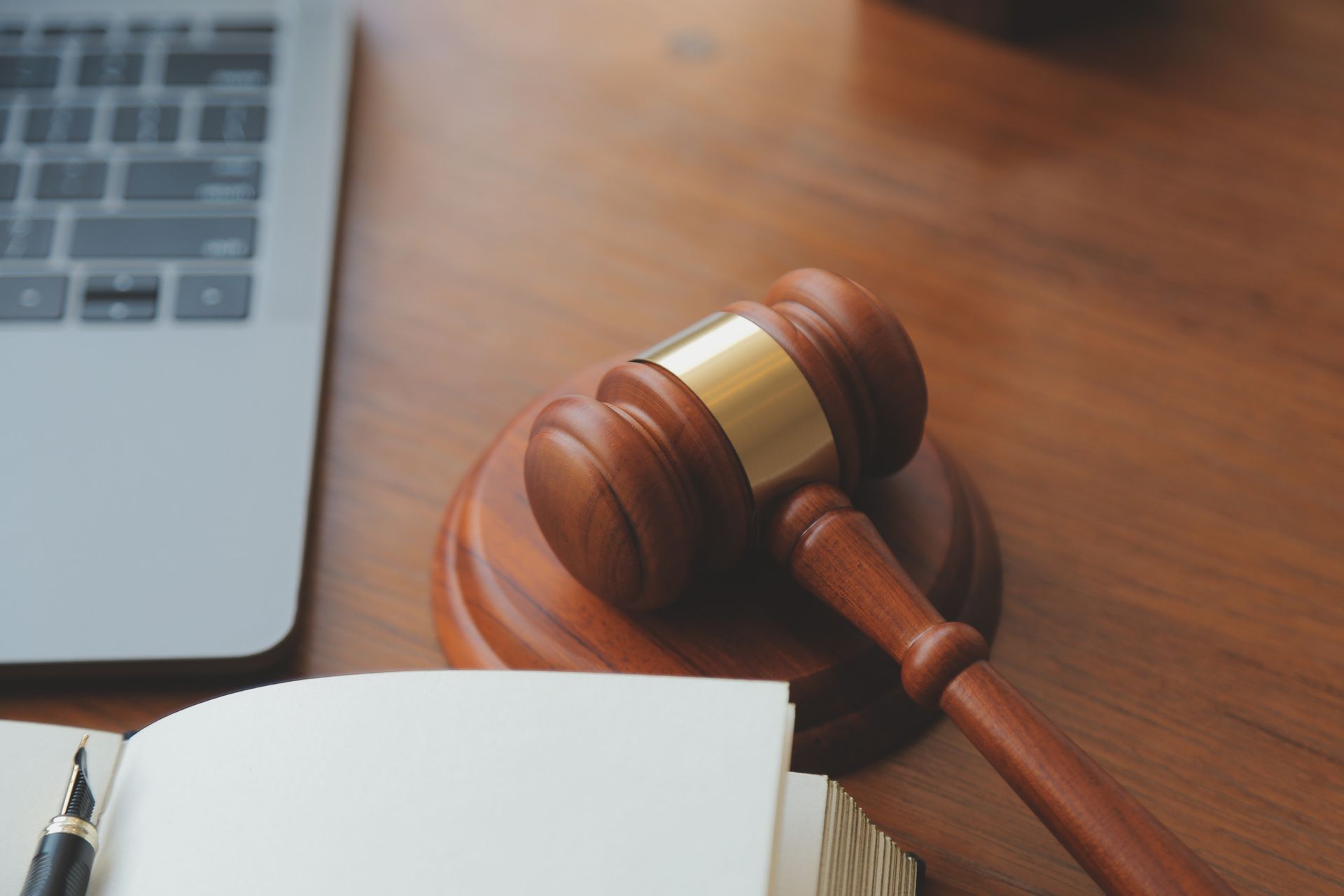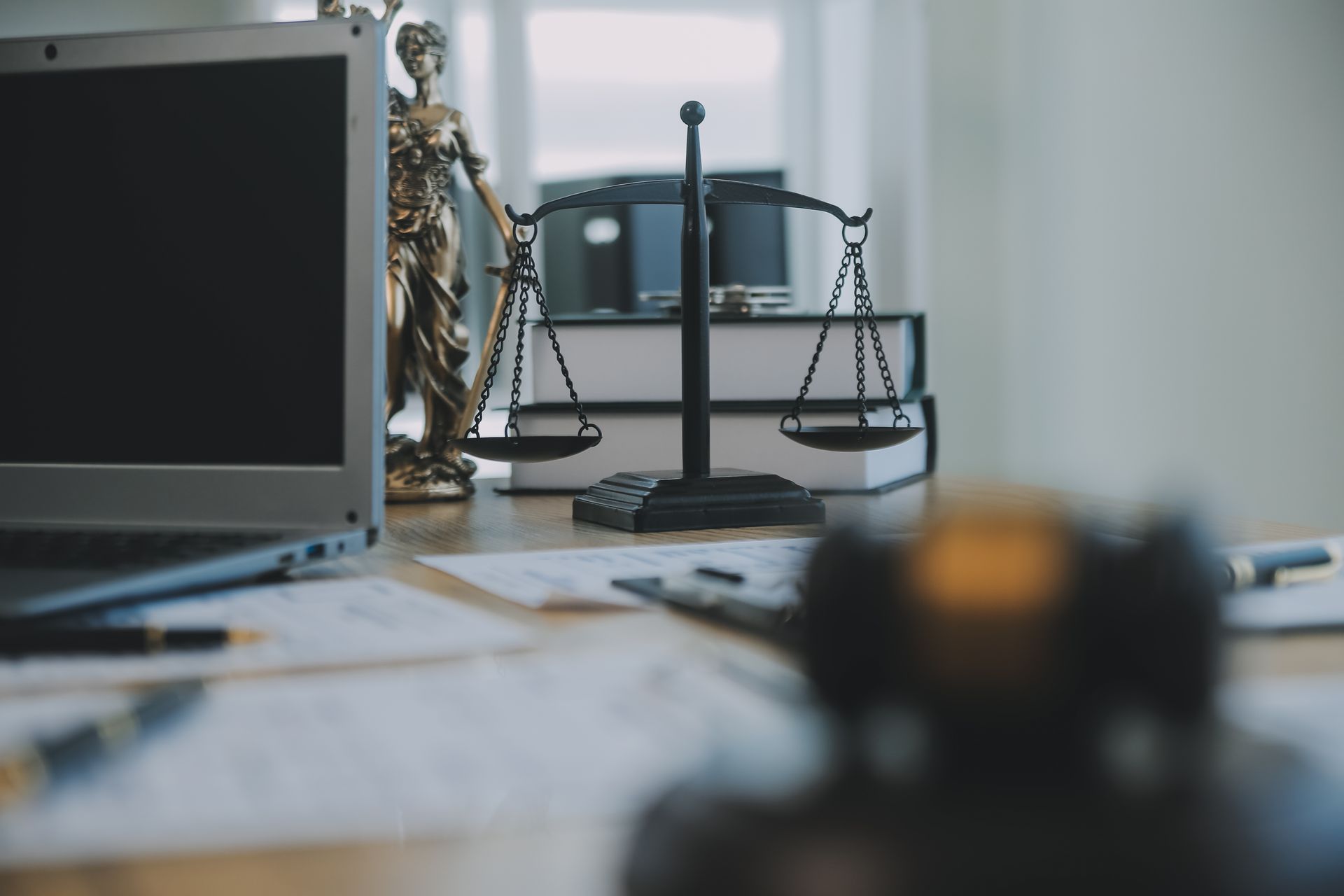Understanding Which Debts Can Be Discharged in Chapter 7 Bankruptcy: A Guide for Virginia Residents
Understanding Which Debts Can Be Discharged In Chapter 7 Bankruptcy: A Guide For Virginia Residents
Money problems can happen to anyone, regardless of their income or social status. Sometimes, debt spirals out of control and the only viable solution left is filing for bankruptcy. Chapter 7 bankruptcy is one of the most common types of bankruptcy in the United States, but many people are unsure about which debts can be discharged through this process. This guide will provide a comprehensive overview of the debts that can be discharged in Chapter 7 bankruptcy and how it affects your student loans in Virginia.
Firstly, it is important to note that not all debts are dischargeable in Chapter 7 bankruptcy. Debts such as child support, alimony payments, and most tax debts cannot be discharged. However, many other types of debts are eligible for discharge. Medical bills, credit card debt, unsecured loans, and personal loans can be discharged through Chapter 7 bankruptcy. This means that these debts are effectively wiped out and the debtor is no longer legally obligated to repay them.
Unfortunately, student loans are not typically dischargeable through Chapter 7 bankruptcy, even in Virginia. This is due to a provision in the federal law that makes it nearly impossible for borrowers to discharge student loans through bankruptcy. There are a few exceptions, however. If the debtor can prove that paying off their student loans would cause "undue hardship" to them and their dependents, then they may be able to get their student loans discharged. This is a difficult standard to meet, and many people are unsuccessful in getting their student loans discharged.
If you are struggling with debt and considering filing for bankruptcy, it is important to speak with a qualified attorney. At Casey Legal, P.C., we are dedicated to helping Virginia residents get back on their feet through bankruptcy. Our experienced attorneys can guide you through the complex process of Chapter 7 bankruptcy and help you understand which debts can be discharged. We offer a free initial consultation to all potential clients, so you can have an opportunity to ask questions and get the information you need to make an informed decision.
Another important factor to consider when filing for bankruptcy is the impact it will have on your credit score. Chapter 7 bankruptcy will remain on your credit report for 10 years, which can make it difficult to obtain credit in the future. However, many people who file for bankruptcy are able to rebuild their credit over time. It may be necessary to start with a secured credit card or take out a small loan to begin rebuilding your credit. Working with a bankruptcy attorney can also be helpful in creating a plan to rebuild your credit and achieve financial stability.
Filing for Chapter 7 bankruptcy can be a difficult decision to make, but it can also provide much-needed relief from overwhelming debt. Understanding which debts can be discharged through the process is an important step in determining whether bankruptcy is the right choice for you. If you are a Virginia resident struggling with debt, Casey Legal, P.C. can help. Our experienced attorneys can guide you through the process of Chapter 7 bankruptcy and help you achieve financial stability. Contact us today to schedule a free initial consultation

